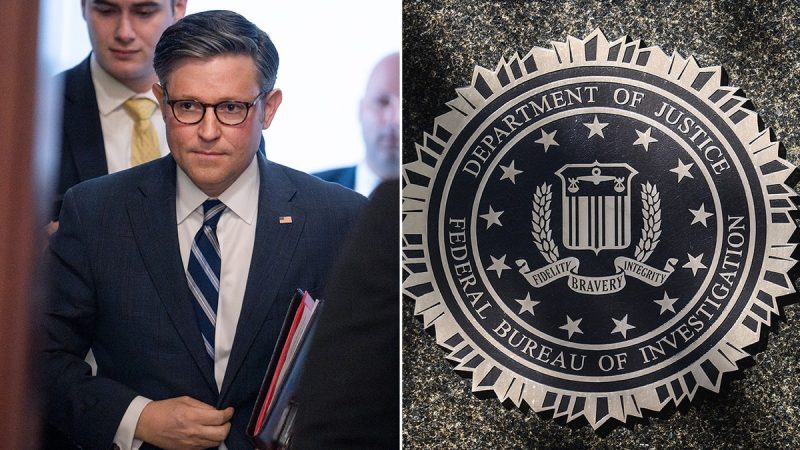The recent House debate over renewing the controversial Foreign Intelligence Surveillance Act (FISA) surveillance tool has generated intense interest and concern among lawmakers and the public alike. As the battle ensues, stakeholders from all sides are gearing up for what promises to be a fierce legislative showdown.
Opponents of the FISA surveillance tool argue that it infringes on privacy rights and civil liberties, enabling the government to conduct surveillance on American citizens without sufficient oversight. Critics have pointed to instances of abuse and misuse of FISA warrants, highlighting the need for stricter safeguards to prevent government overreach.
Proponents of renewing the FISA tool, on the other hand, argue that it is a crucial instrument in the fight against terrorism and other national security threats. They emphasize the importance of intelligence gathering in protecting the country from potential dangers, citing numerous instances where FISA surveillance has helped thwart terrorist plots and disrupt criminal activities.
The debate on renewing the FISA surveillance tool is not just about conflicting viewpoints on national security and civil liberties; it is also deeply intertwined with political considerations and dynamics. Lawmakers from both sides of the aisle are divided on the issue, with some advocating for comprehensive reforms to strengthen oversight and accountability, while others push for the renewal of the existing program with minimal changes.
The Trump administration’s stance on the FISA tool has added another layer of complexity to the debate. President Trump has been critical of the FISA process, especially in the aftermath of the surveillance of his former campaign adviser, Carter Page. His vocal skepticism about the FISA tool has further fueled the debate, with some Republicans echoing his concerns and calling for more stringent reforms.
As the House braces for battle over renewing the FISA surveillance tool, the stakes are high for both sides. The outcome of this legislative showdown will have far-reaching implications for national security, privacy rights, and the balance of power between the government and its citizens. With so much at stake, lawmakers must carefully consider the arguments on all sides and work towards a solution that balances the imperatives of national security with the protection of civil liberties.




























